Exploring the Versatility of Flexible Telescopic Tube Hoses
Flexible telescopic tube hoses are essential tools for a variety of applications, from home gardening to professional irrigation systems. These adaptable hoses extend to reach far distances and contract for easy storage, making them a practical solution for watering needs.
Types and Applications
There are several types of flexible telescopic tube hoses designed to meet diverse requirements. Some are crafted for light-duty use in small gardens, while others are built for heavy-duty applications in agricultural fields. Their applications are just as varied, ranging from simple lawn maintenance to complex irrigation setups.
Material and Design Features
The materials used in flexible telescopic tube hoses are chosen for durability and flexibility. Typically made from high-grade plastics or composites, these hoses withstand various weather conditions and usage patterns. The design often includes a spiral construction that enables the hose to expand and contract without kinking or tangling.
Adjustability and Ease of Use
Adjustability is a key feature of flexible telescopic tube hoses. Users can customize the length according to the task at hand, ensuring efficient water reach without excess hose length getting in the way. This feature, coupled with their lightweight build, makes them user-friendly and reduces the effort required in handling.
Storage and Portability
The compact nature of flexible telescopic tube hoses when contracted is a significant advantage for storage. They occupy minimal space and can be easily transported, making them suitable for use in various locations, from small backyards to large agricultural fields.
Environmental Impact and Sustainability
Using flexible telescopic tube hoses can contribute to water conservation efforts. Their precise delivery of water reduces waste, and the materials used are often recyclable, aligning with sustainability practices.





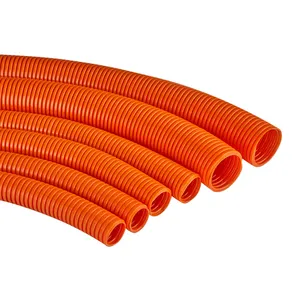





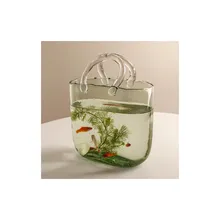

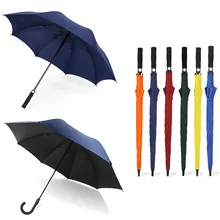

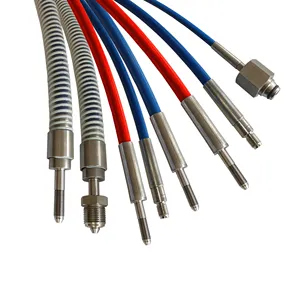

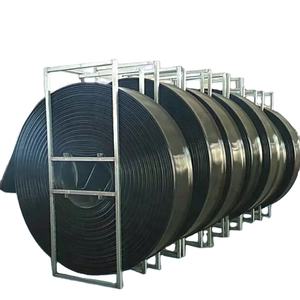
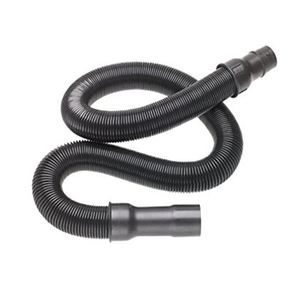








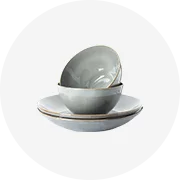













 浙公网安备 33010002000092号
浙公网安备 33010002000092号 浙B2-20120091-4
浙B2-20120091-4